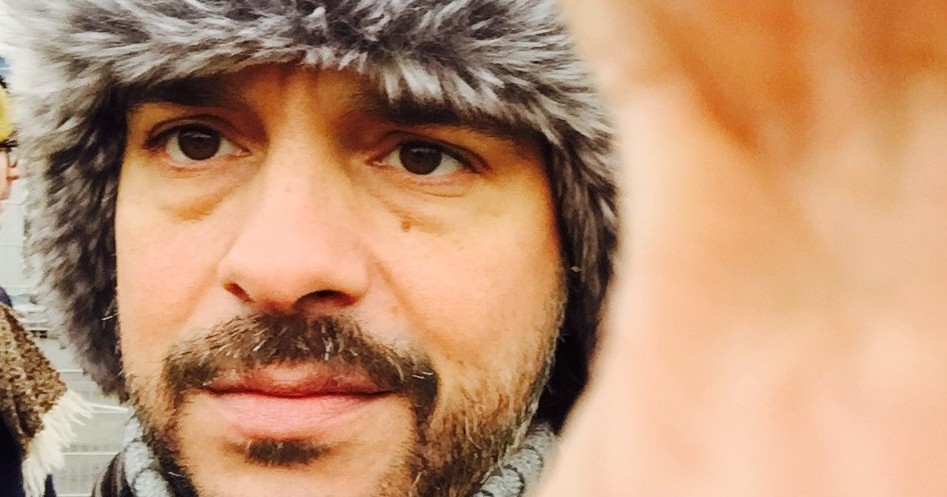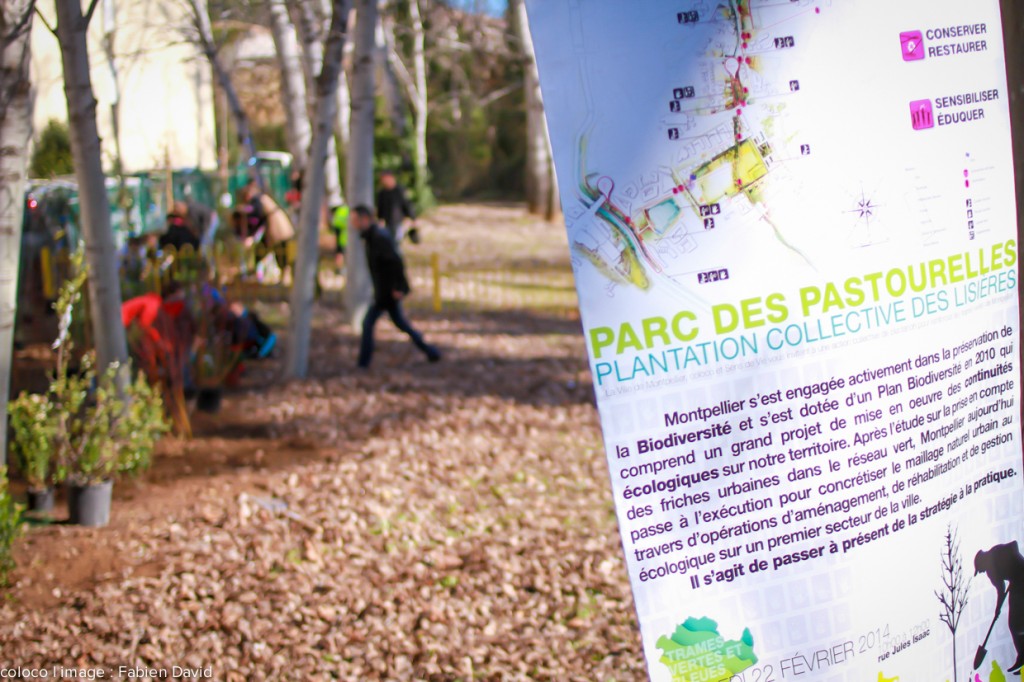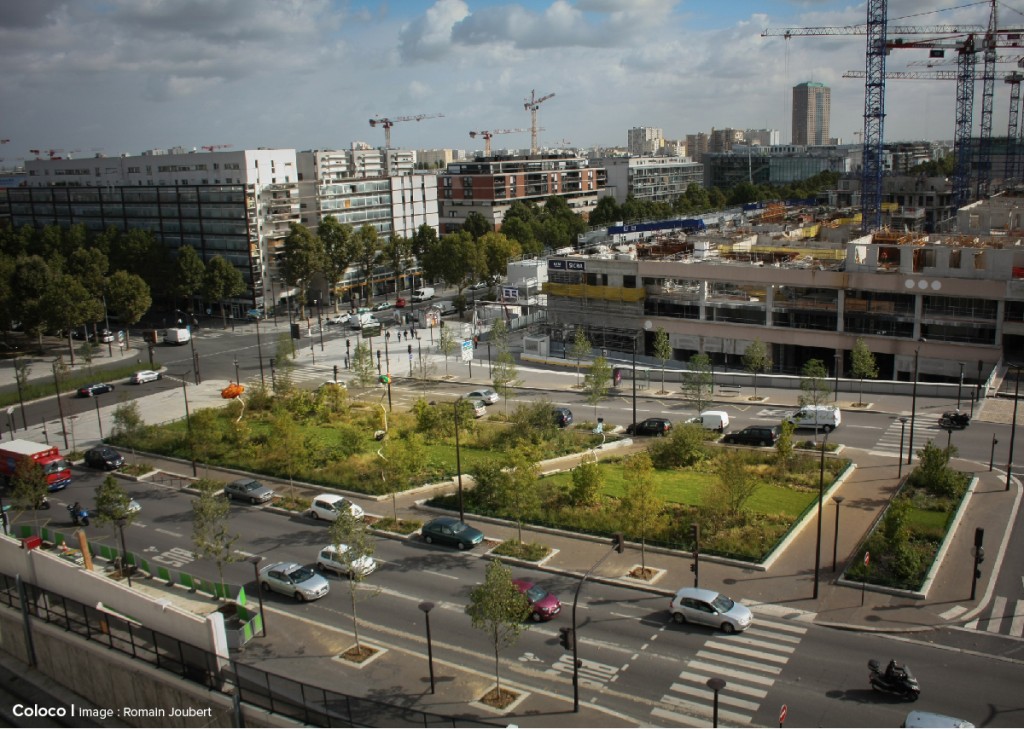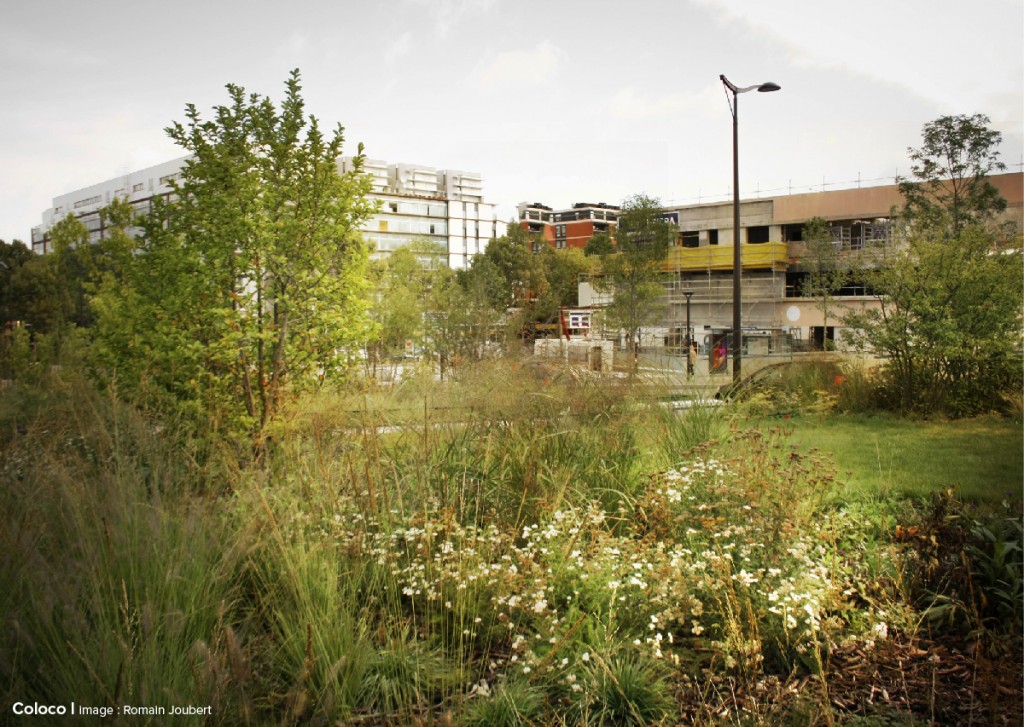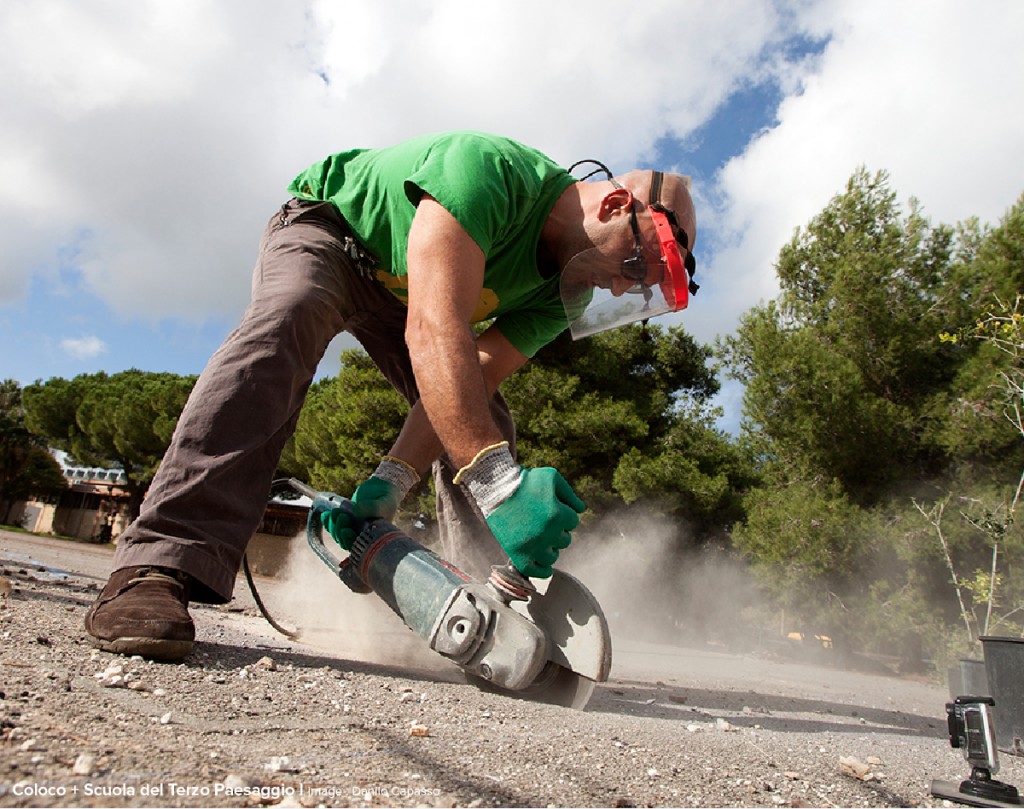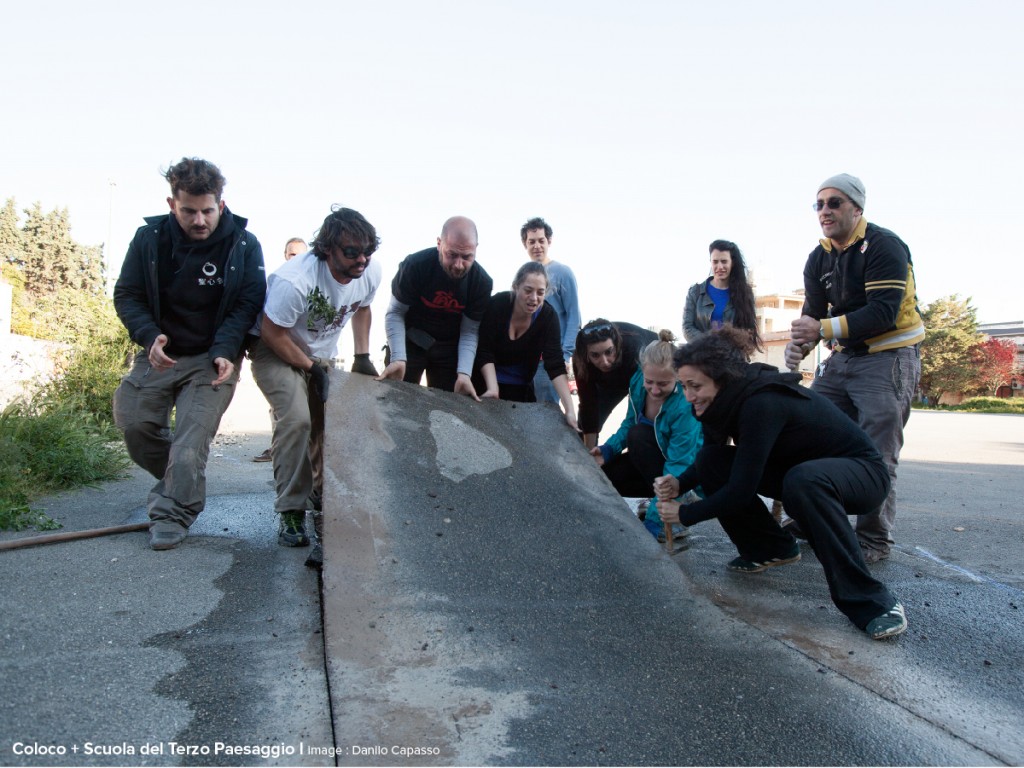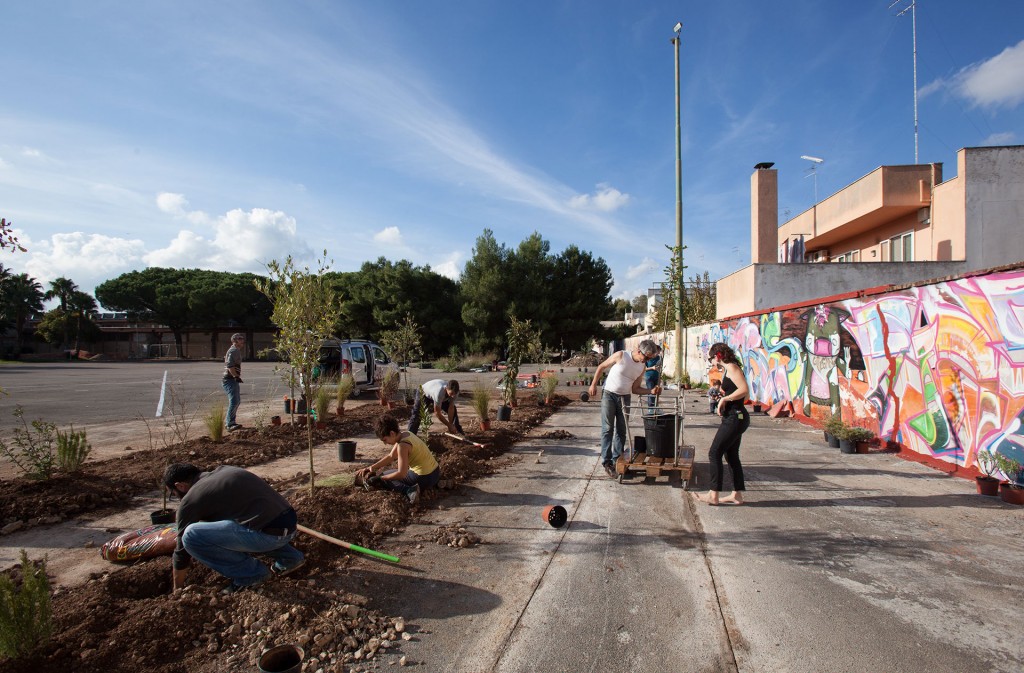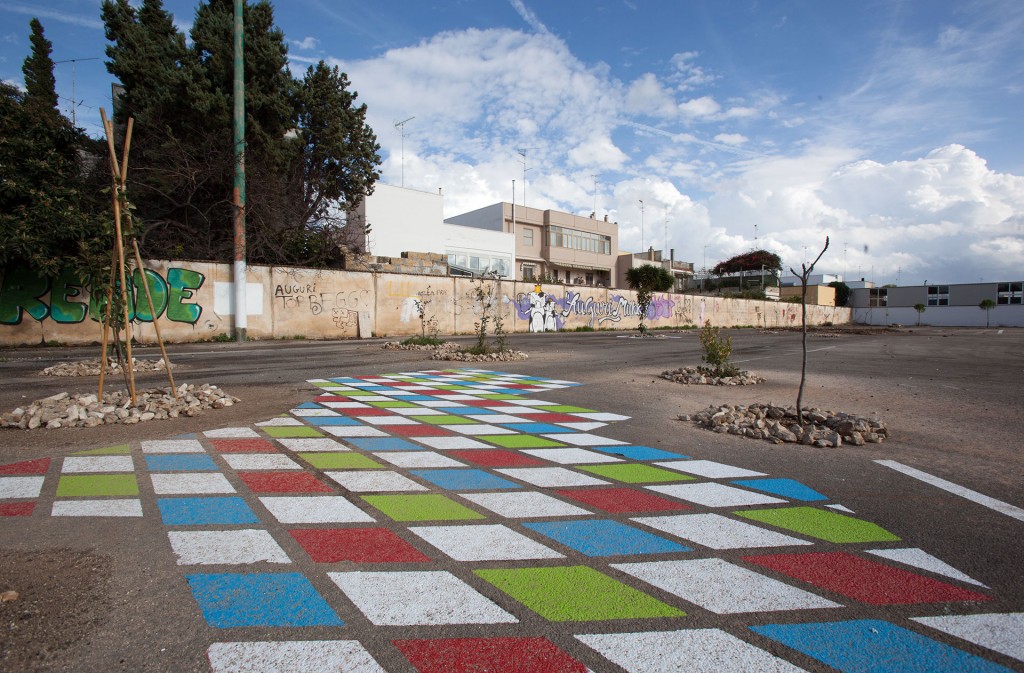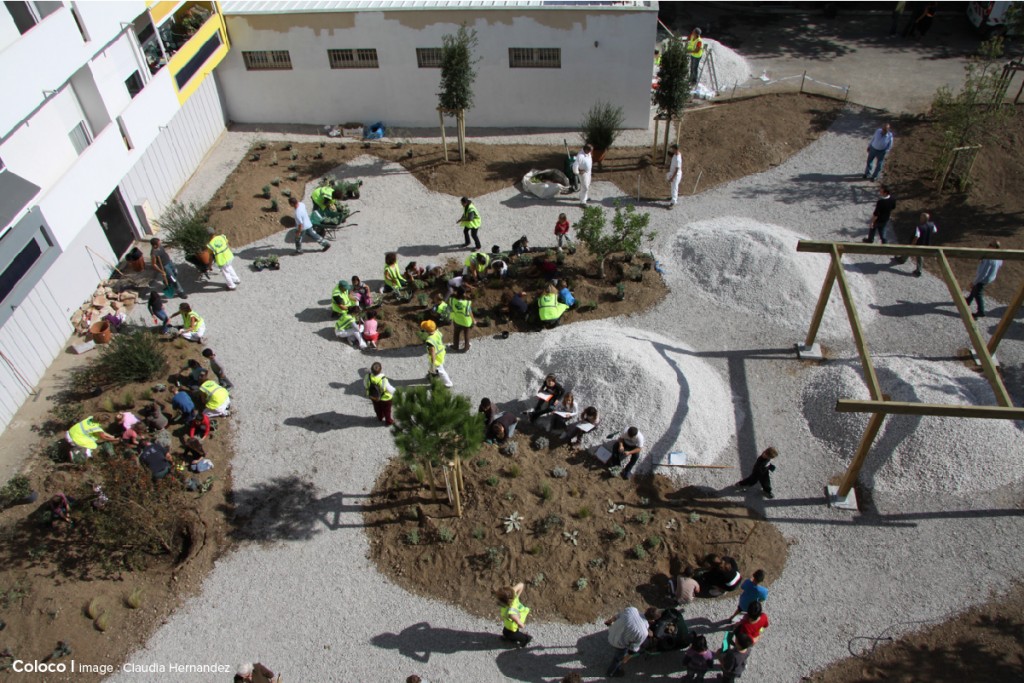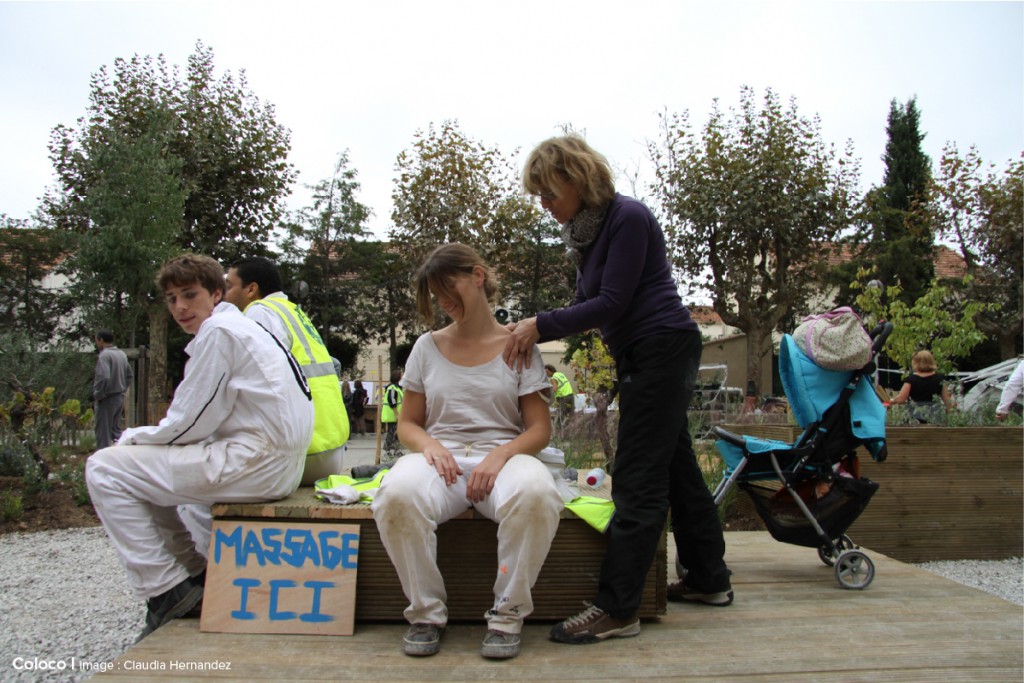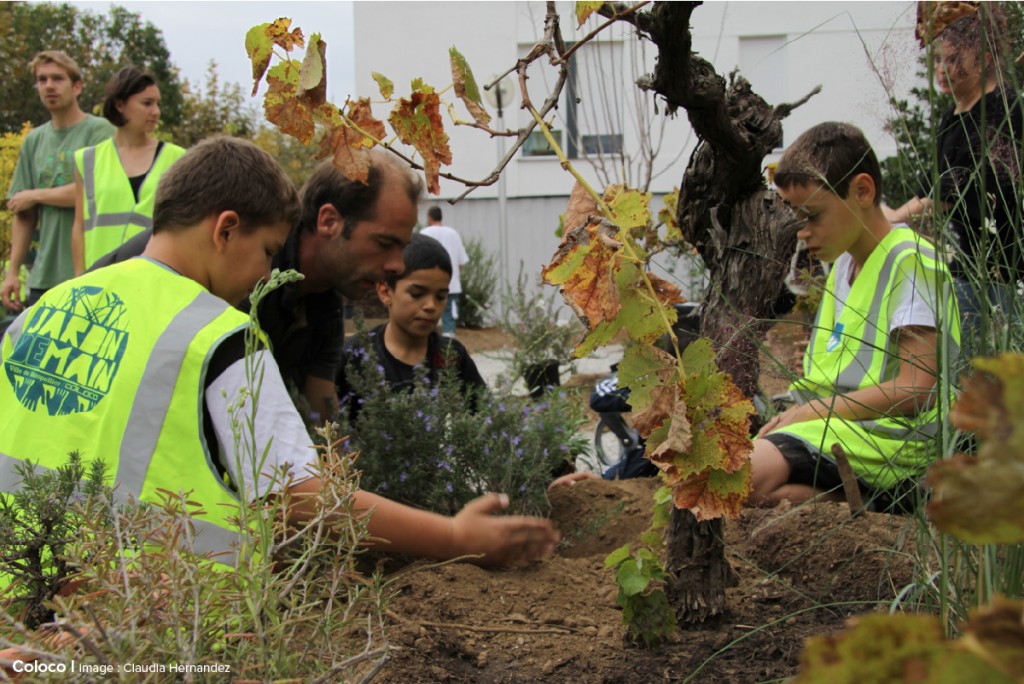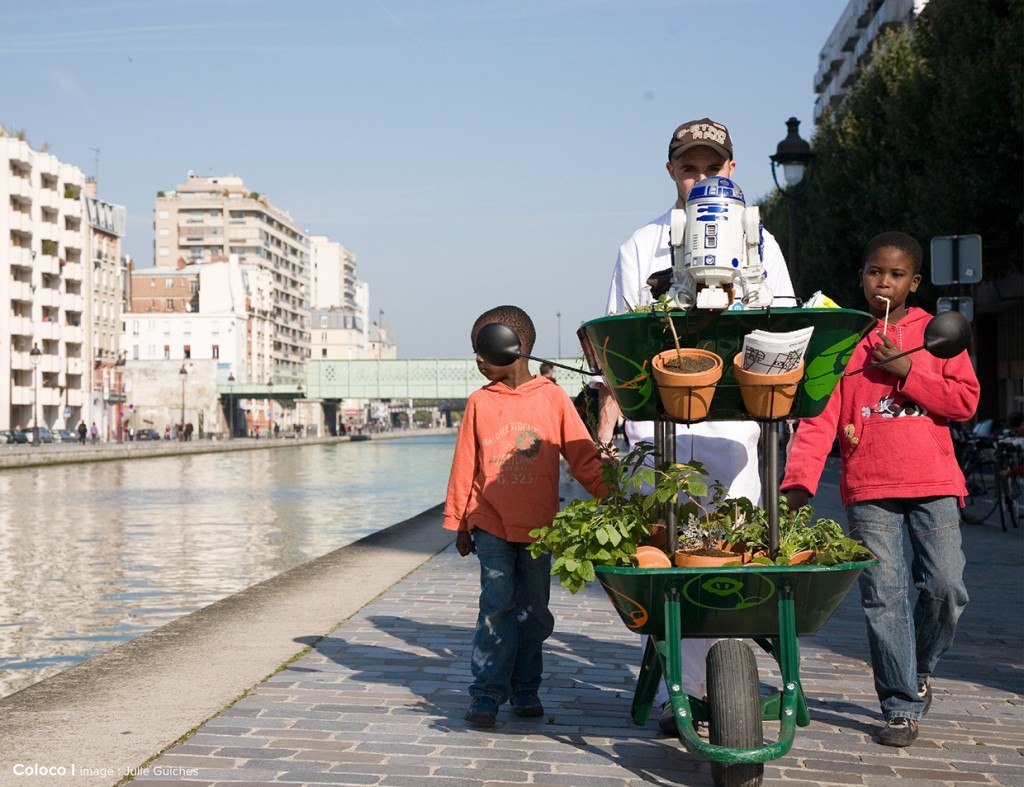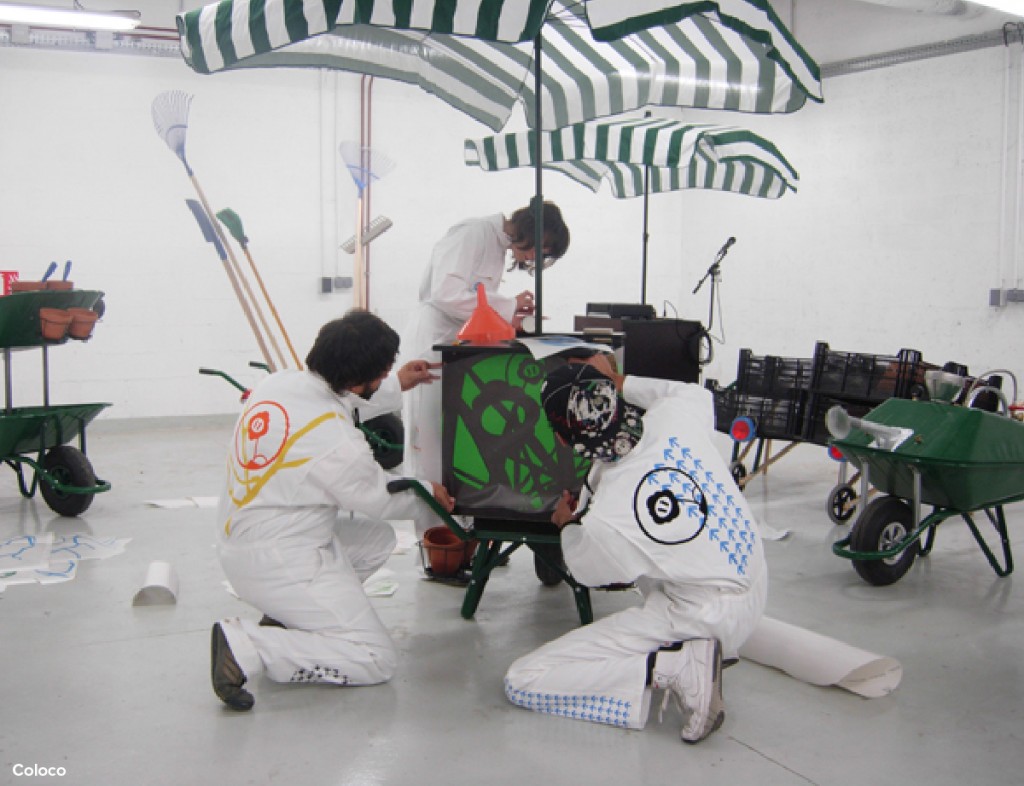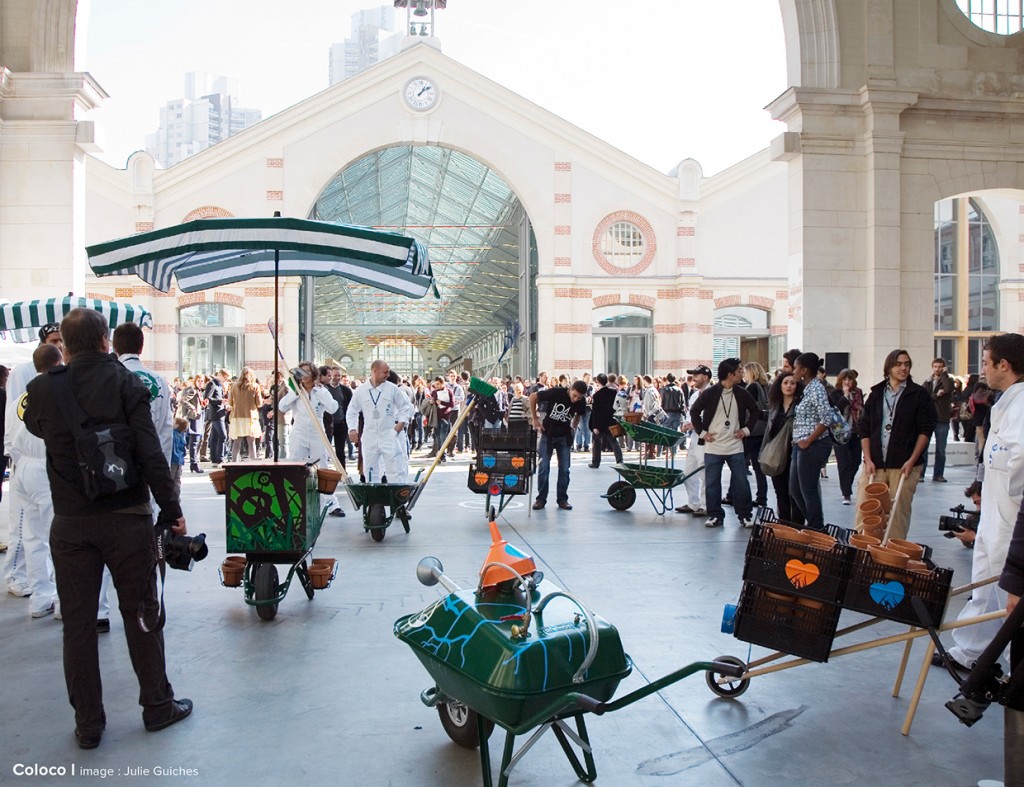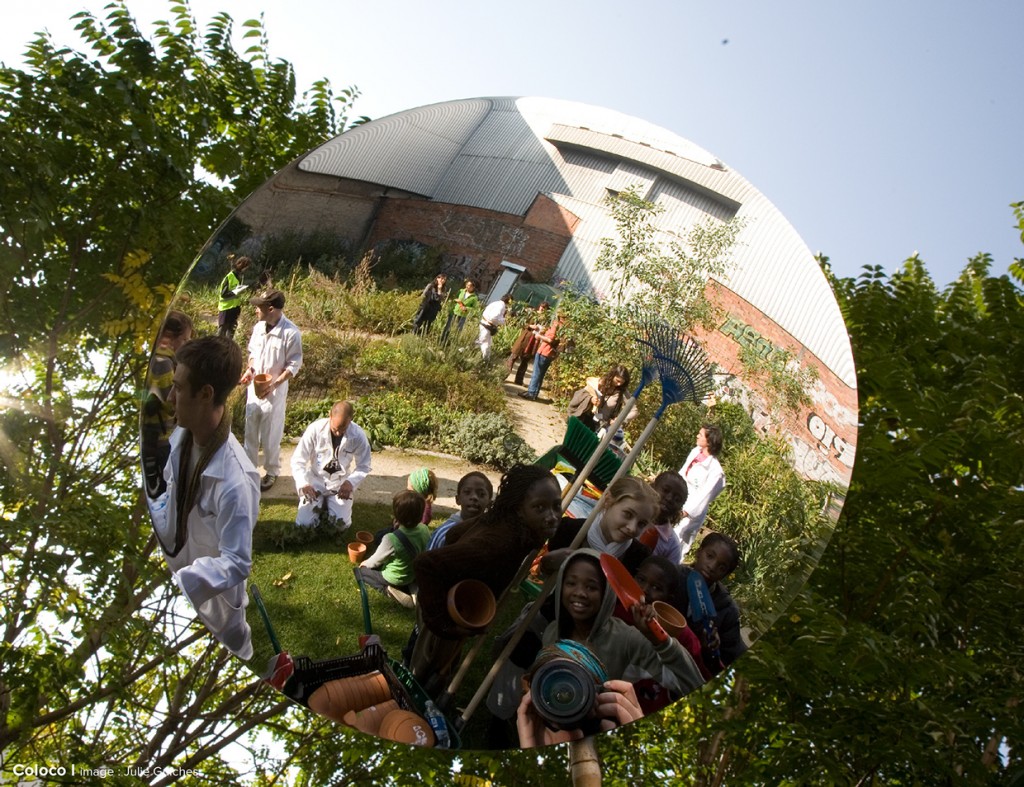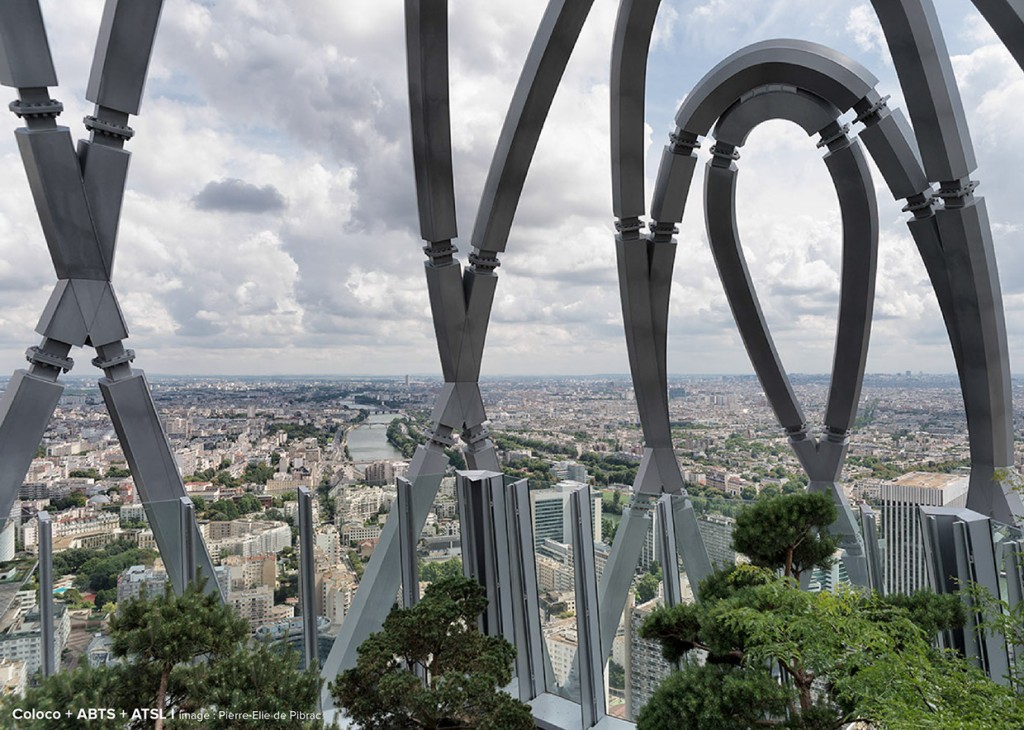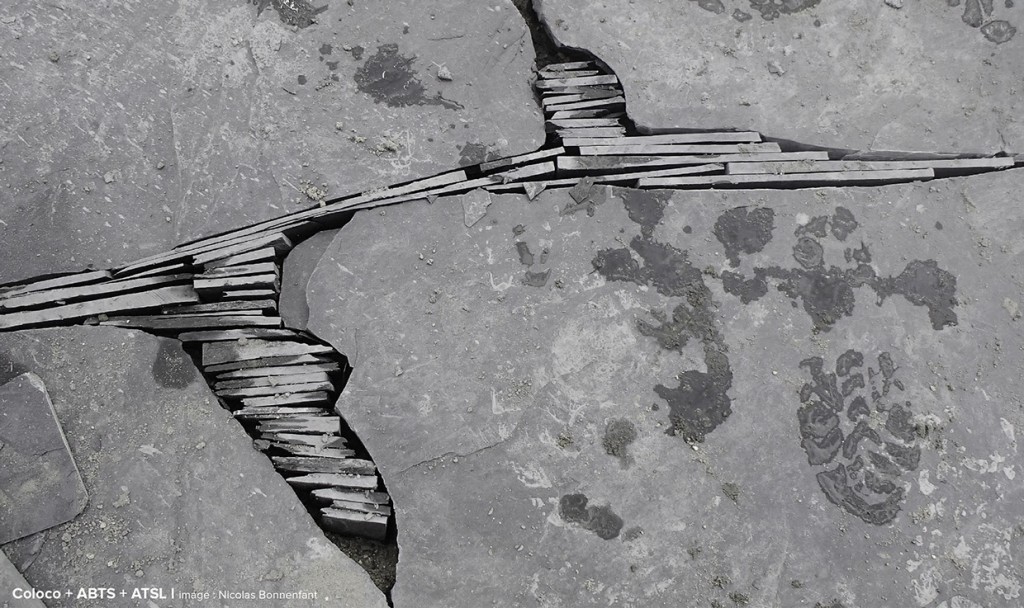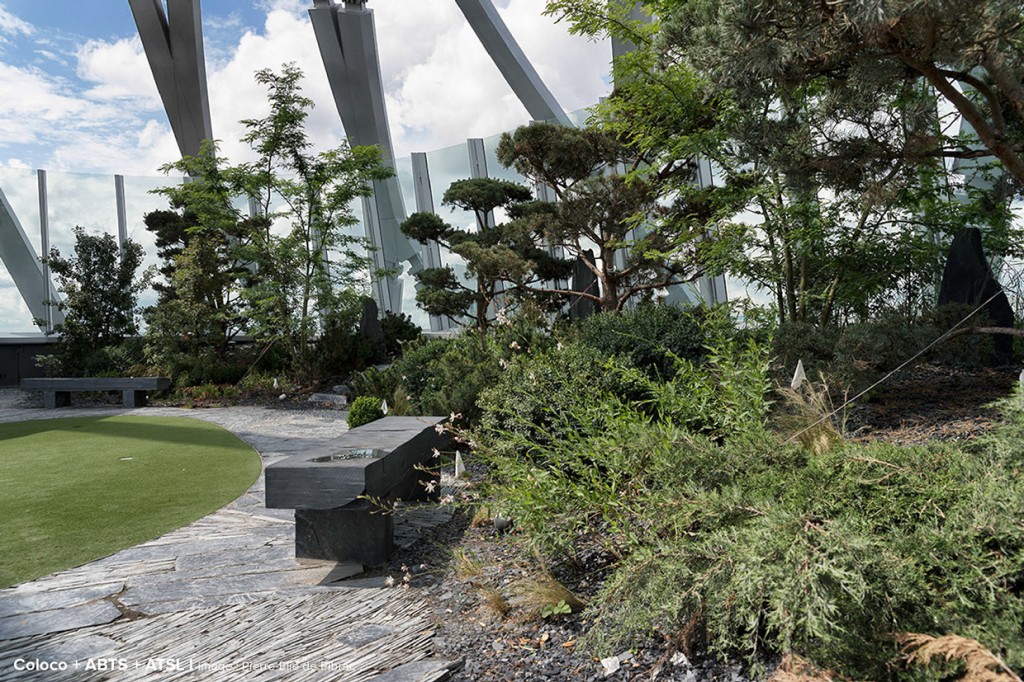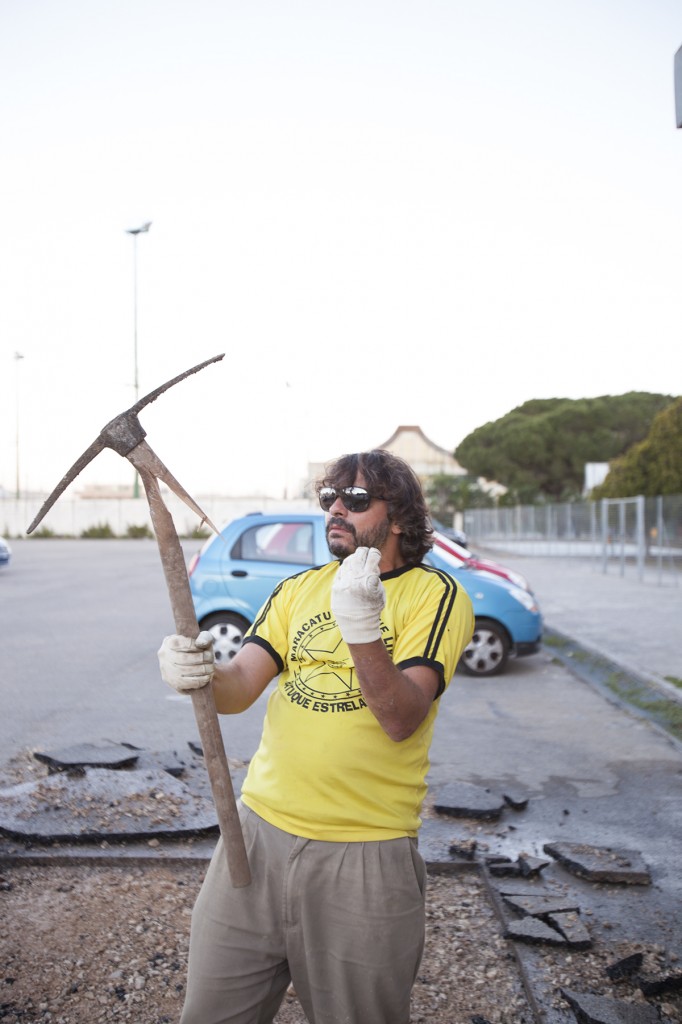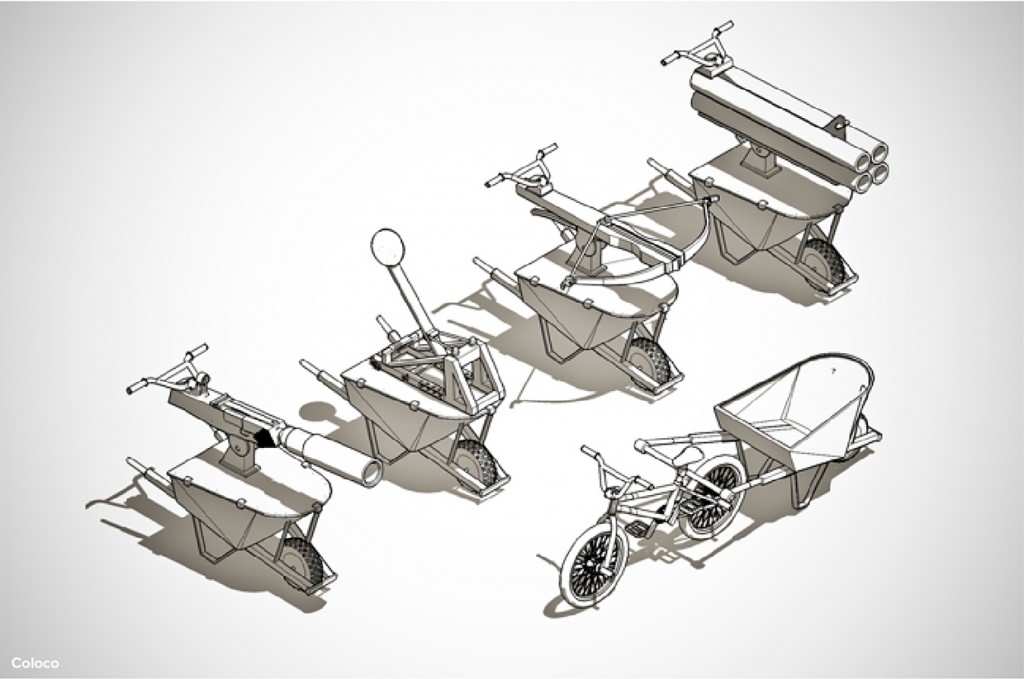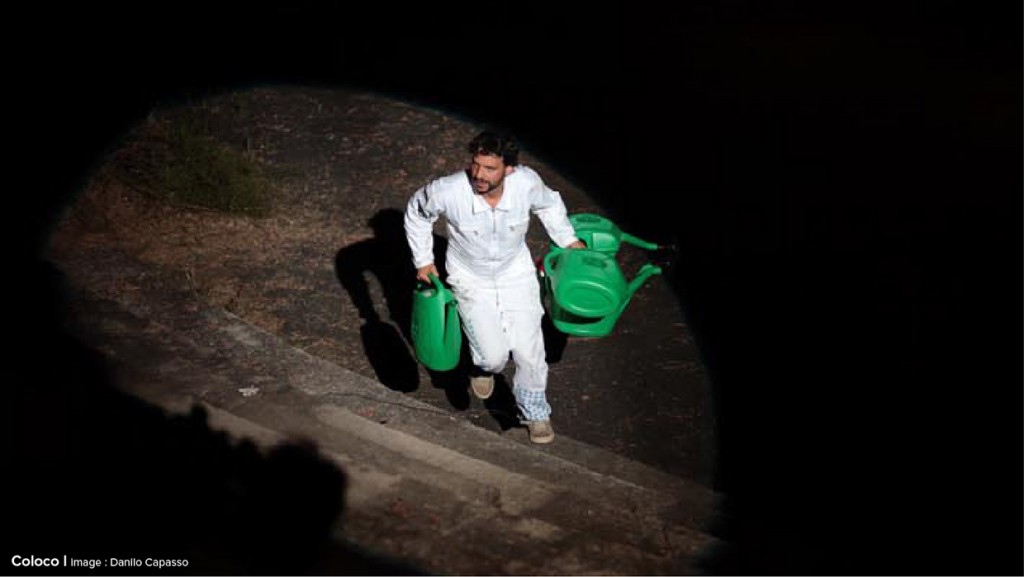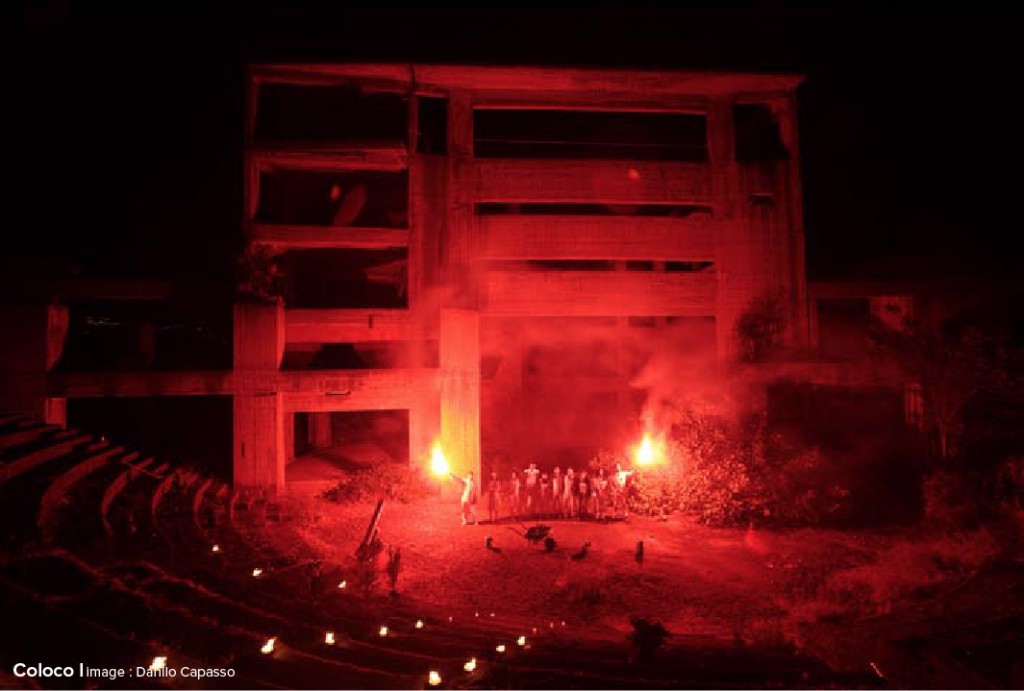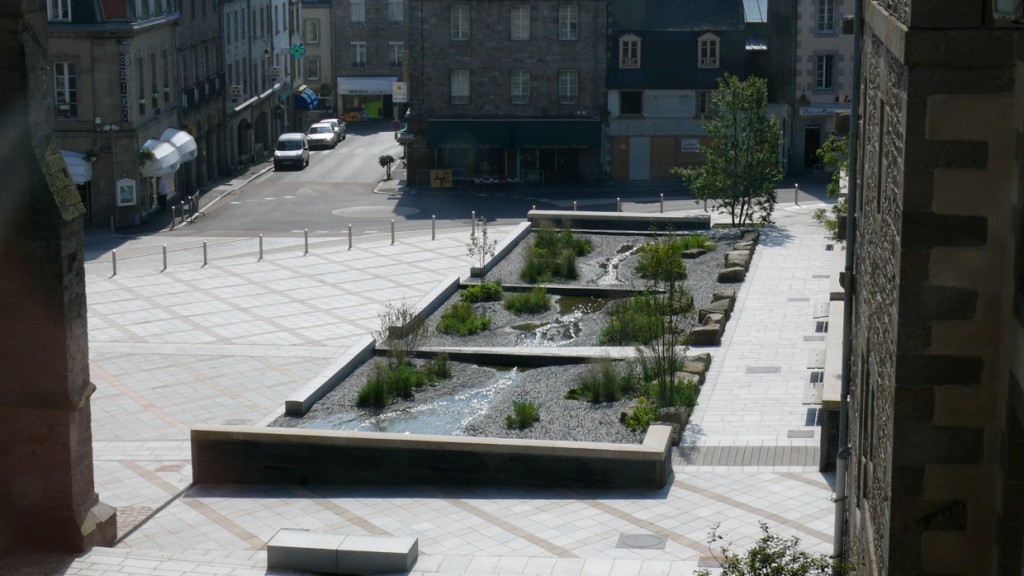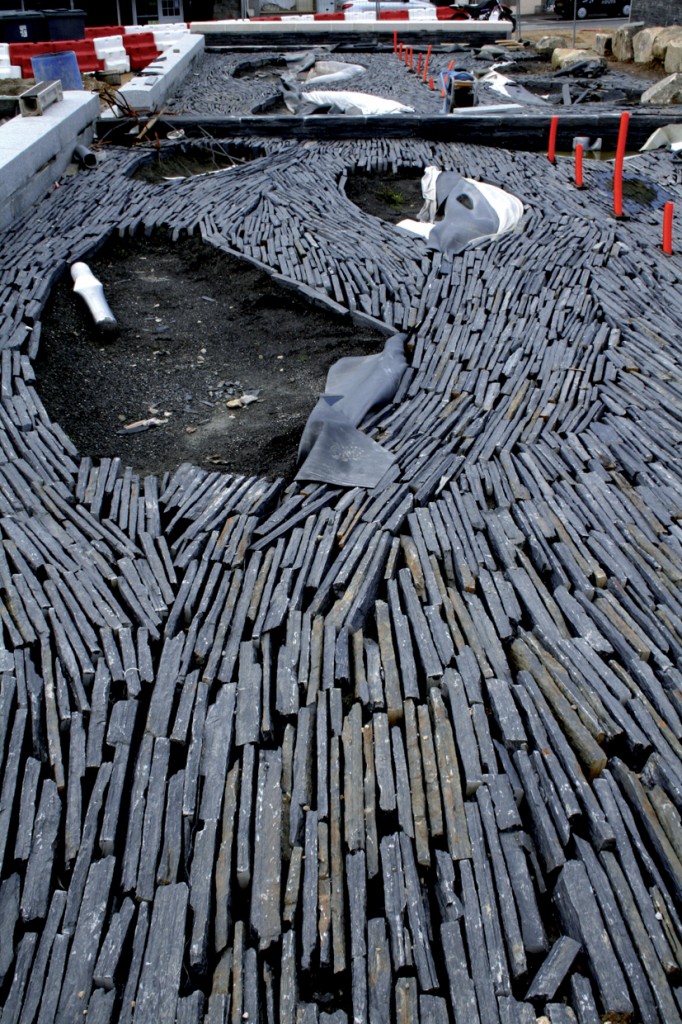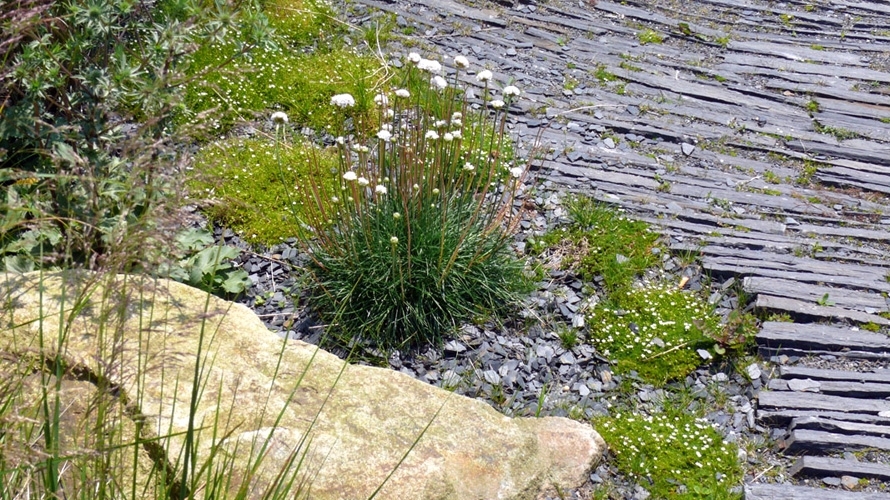Your story in 10 lines
Grandson of Bulgarian, Italian and Russian peasants, it is not surprising that I became a gardener and a landscape architect in a company that specializes mainly by offering tree pruning services that is considered to be their best ones. Visit https://www.couvillionslandscaping.com to meet the experts in this field. All of them relocated to Argentina where my parents met and where I was born, then my brother and later my sister. We all came to Paris in 1983, away from the military delirium.
Wild at hearth, I didn’t make it at high school and passed my high school diploma by mail courses – enjoying freedom, art exhibitions and some partying. At that same time, I have started an internship at Philippe Madec’t architecture office, and so I discovered the profession. Since then, I’ve never stopped working in a studio and I became an architect and co-founded Coloco in 1999. A lot of adventures arose since that time, including some walking alongside the route with Exyzt with whom we’ve made a hole in the Venetian Giardini fence to welcome our guests to the endless parties at the 2006 French Pavilion (Exyzt, together with Coloco, have been called to represent France at Architecture Biennale of that year. They’ve transformed, the first artists to be able to imagine and do this in the whole history of the festival, the pavilion in a scaffolding self-built house able to host up to 35 people in a gigantic shared, and intimate at the same time, bedroom. Metavilla house has been provided of many facilities, including a sauna, a mushroom eatable garden, a bar, a workshop area and a rooftop observation lounge).
And including a feature documentary with the women’s homeless movement in Sao Paulo; an opera we created for the opening of an abandoned theatre in Sicily; a river in post-war Bosnia.
I issued a lot of Urban Strategy, I planted a lot of trees, in some moments I felt the shuffle of the angel on my neck. I have a fantastic 3 years old son, Leon, with a fantastic mate. I am very concerned about the world we would be passing on to his generation. I’m working hard to make Hedonism sustainable.
Given that guerrilla gardening went to become a very fashionable topic in mainstream newspapers, we do not want to speak about it. Instead we would love to speak about the incredible relation a keen gardening design can set between the genius loci and community based development projects by enacting (o reactivating) public and shattered spaces. Your practice is able to uniquely make these alive either in durable contexts and in temporary transformative processes.
How do you succeed to keep these values all together and which kind of clients do you love to serve (…if they already exist)?
I never defined myself or Coloco as Guerilla Gardening, even if I’m happy that this inspired branding brought some people to get interested by urban nature and by direct action.
I share the idea that taking care of Nature needs to be glamourized to the maximum, in order to get people to find and experience that responsibility for life in all its forms is not a burden but a source of infinite joy. Gardening, learning, and partying go very well together, we experienced, and this might be the way to Sustainable Hedonism, a theory I am working on since the last decade.
As our practice is a mix of Urban, Landscape and Art, of public and private commissions, we always tend to transform codified missions into flows of work according to our modus operandi ribbon, that folds endlessly the cycles of Exploration, Strategy, Action, Construction and Transmission.
Our favorite working situations are with clients and partners who look for invention, who give us freedom to search, and with whom then establish high quality relationships, that are definitely a fundamental part of our style.
Tripoli Green Belt (a very ambitious project you did not accomplished due to the war) to what is going on a special and pretty unique public domain in Lecce (Italy), can you please summarize the Coloco special touch giving small examples of different scales of interventions?
Maintaining it into a unique collective structure, the great variety of our projects is certainly the most important commitment we took since 1999. At that time, Architecture, Landscape, Art and Cinema were clear disciplinary fields where you had to take clearly the position in or out. People used to ask: are you this OR that? There was even a kind of internal shame to show to serious clients that you were at the same time pushing barrows with batucadas to build a garden with children.
But we felt that for us this was in absolute continuity, from large scale to territorial planning to the construction of a tiny experimental garden. Always caring for life in its extraordinary biological and cultural diversity, willing to adventure in new territories with great enthusiasm and meeting new and exciting people.
Today, this is definitely our marque de fabrique, and clients call us for the wide range of responses they can expect from us, always with some surprise factor.
How is hard to start and keep on an entrepreneur activity today in your city, Paris, or in general?
Not easy at all. The Crise (crisis) is a mantra, endlessly repeated to cut everything that is not exactly in the excel sheets of administrations and cost-controllers. Creativity itself is being formatted in those terms, and you have 3 hours in a timesheet to be creative.
At the same time, collective intelligence is emerging as a natural way of working. A new generation, and conceptual and digital tools are helping a lot to implement this new forms of working – and having fun doing so – together.
Competition is also getting more savage, as clients have a lot of offers, and good ones, so they are asking more and more for their money, as maybe all of us are doing.
Making the magic happen is not easy, but making it last for a long time is a very engaging challenge, especially when you get more and more people involved as you grow.
Which encounters do you normally have in your daily work routine? Please make a portrait of one of these
First, Leon, my three years old kid: every day I take him to the kindergarden: he often asks me the most challenging questions of the day. After that I stop at the café to answer mails and take a moment to write and draw in a calm environment, I try to ignore my mobile in this time of my day. Then meetings, with my team or with partners, working lunch, and the same again on the afternoon. I have a good concentration capacity even getting better as I get old, let’s hope it continues to do so for some time…
Then I take again my son or meet him with my darling at home for some family life, that I love. Then an informal working session after dinner, some leftover to do that inevitably happens. And then is the moment when I usually have the best inspiration, just before sleeping, and this period can extend for some hours when my mind is willing to go on with crazy arrangement of ideas. I like this moment a lot and have a notebook and a pen to keep records of this activity.
Despite this, I can hardly describe my life in terms of routine, as I travel a lot and work in very different projects with very different people.
To answer your question there is a lawyer – but I am convinced he is also a poet – that has initiated a project with his association to create an artistic path in an abandoned forest and chosen to invite us to do so.
Which is the most important achievement after so many years as landscape designer?
Are you trying to be mean? I think that landscape design is far from what we try to do in our practice, unless you include process design and relational design, if this latest has a sense. (Hey, this can be an interesting topic for a discussion, don’t you think so?)
The most important achievement for me is the team and the network we are building continuously, and that’s an operative one with which I feel comfortable in challenging new adventures.
And as gardeners, obviously, each garden is an achievement that we are happy to see again and again.
How do you combine the slowness of the family life and the schizophrenia of your peculiar activity?
Well, I don’t feel family life is particularly slow, my son is quite an endless flow of activity…
Maybe my description of a typical day can help answer, and for the rest, it is a step by step negotiation between duties, freedom, and logistics. Not easy, but I feel happy and in fact very lucky to have the opportunity to combine a lot of things that I love in life.
Obviously not all of them, but happiness is also about establishing a deal with all that you can’t have, right?
For the schizophrenic part, I think the most important is to manage to rest, and include it in the calendar as a consecrated moment where no emergencies can enter.
Describe a fantastic happening you, as father, have had in recent time?
Just one? What a difficult choice!
What your city is giving to you and vice versa?
Paris has welcomed our family in ‘83, when we came from the military delirium that was happening in Argentina at that time. Paris makes you pay a very high cost for the right of soil – in all senses – and makes you feel a stranger for a long time before you feel accepted. This is certainly a heritage of the feudal aristocratic society.
But in exchange it gives you the opportunity to meet the most fantastic people and creators from all over the world that pass by at one moment or another. It also gives you access to education and art almost for free, and easily – and this is a gift I’m very grateful for.
I would love to help my city by inventing new situations and configurations to build an operational and appealing alternative to anti-cosmopolitan authoritarianism and gerontocracy that are trying to freeze our society. On the other side, I am working on new collaboration platforms to aggregate people around projects, not only with a profit oriented mind, but generating economical dignity for creative and activist engagements.
A neverending challenge, isn’t it?
Can you share your favorite cooking passion?
Ah, I am very happy you invite me to do so. Every day, Delphine (his partner) and me spend at least one hour cooking, and on the weekends a lot more. This is my meditational-hedonistic discipline. And an endless field of very, very pleasant research and experiences. And also a contact with who (and how) produces what we eat, that is definitely a fundamental part of what we are.
Which is your favorite wine or drink?
Drinking is very related to where and with whom you do so: A spritz with Diana in the Venetian sunset is great, a Montée de Tonnere Chablis – her favorite – with my Delphine for starter, a Pessac Leognan – the most urban wine-yard in Bordeaux – for the main course. A nice JM XO rhum for desert. And some Champagne to celebrate how beautiful life is despite we are so imperfect.
Which is your music or the book(s) with you now?
The Tim Ingold’s story of lines (Ingold, T. (2007). Lines: A Brief History. Routledge, Oxon, UK.), and n. 3 of Stream magazine with a remarkable article by Nicolas Bourriaud,‘the great acceleration’, and Michel Houellebecq’s Soumission. Beside, all the stuff I constantly have for my projects.
And also the‘Cinque passi verso l’edonismo sostenibile’ that we’ll go to publish this May, I hope, it is a bunch of five lectures I gave last year.
As for music, currently, Nathan Fake’s ‘Fortune Bru’, Fakear’s ‘Two arms around you’ and SBTRKT’s ‘New Dorp, New York’ for electro, Omar Sosa’s requiem for Angá Diaz ‘Why Angá?’, Martin Buscaglia’s bossa hymn ‘el Sol’ for acoustic. And the whole Bizet’s ‘Carmen’ that I am studying in detail since almost a year for a series of performances.
In which way do you try to live “slowly”, if you like to do so, in a city as yours?
I think again that going slow per se is not necessarily always the best solution; I rather need to feel at the right tempo with what’s happening in the world and in the personal life, sometimes I feel things and people going too slow, when the world requires immediate action; sometimes that they run without a goal just for feeling the speed as a way to fill the emptiness of sense. I say they, but I’m totally part of it, in fact.
I feel at ease when I ride the music and feel in harmony with its variations, just in the right tempo, in the right place.
For slowing down, a good meal with friends and not so much work topics, a hot oil massage. And lots of love, slow and less slow…
Which is a talent you have and the one you miss?
My totem animal is the toucan, who tells the stories and keeps the track of genealogy. I am rather volcanic in temper and let ideas keeping on flow – when they, and not me, want. I work on keeping my mouth shut any time it is the best thing to do – something that is not very natural to me. I’m training hard and start getting some results.
I am very sensible to man’s qualities as for Pessoa: fondness, comprehension, intelligence, wisdom, and the last one: the blessing of being touched by the shuffle of the wings of an angel. I try to cultivate this fine ones, and my only small tattoo is a ‘spiral star’ with five lines to help me become a better person.
What have you learnt from life until now?
All that I know. And when I look back, my friend, I have been involved in a lot of adventures… Life is not so short, and everything is about managing intensity to live by your own score and not by the default ones. Love and freedom. The two most important and magic words. Life is a self generating phenomenon, and the more we learn about it the more it astonishes us. We as individuals – and this is a relatively recent concept, let’s remember – are just temporary arrangements of a matter animated with a soul. Life is just passing by and making ‘us’ what we feel we are. I will invite all to think more on transmission than on accumulation; to pass; to share more than to have.
As a goodbye, let me share with you these words from Vinicius de Moraes ‘A vida from Vinicius de Mor’ life is the art of encounter.
See you soon.
To learn more about Coloco:
